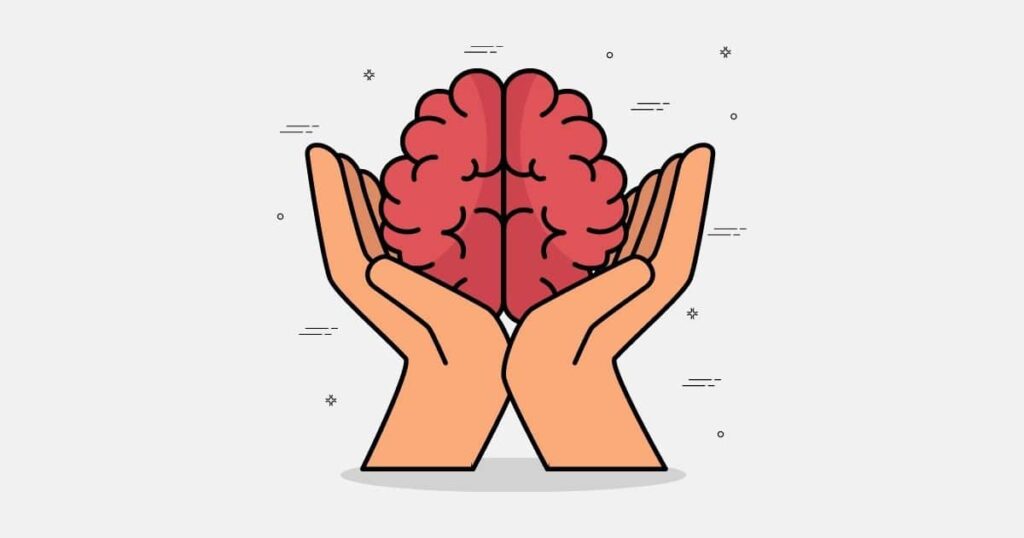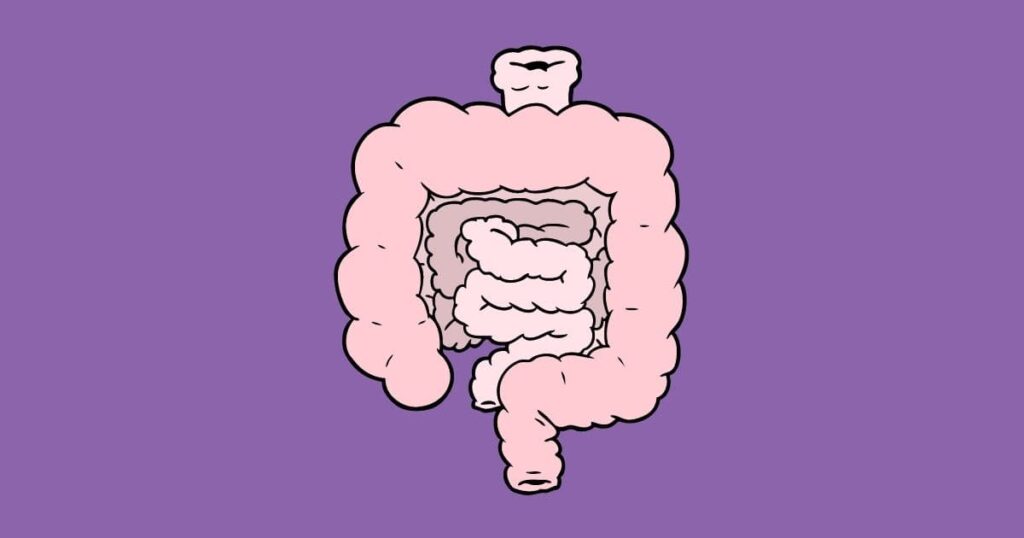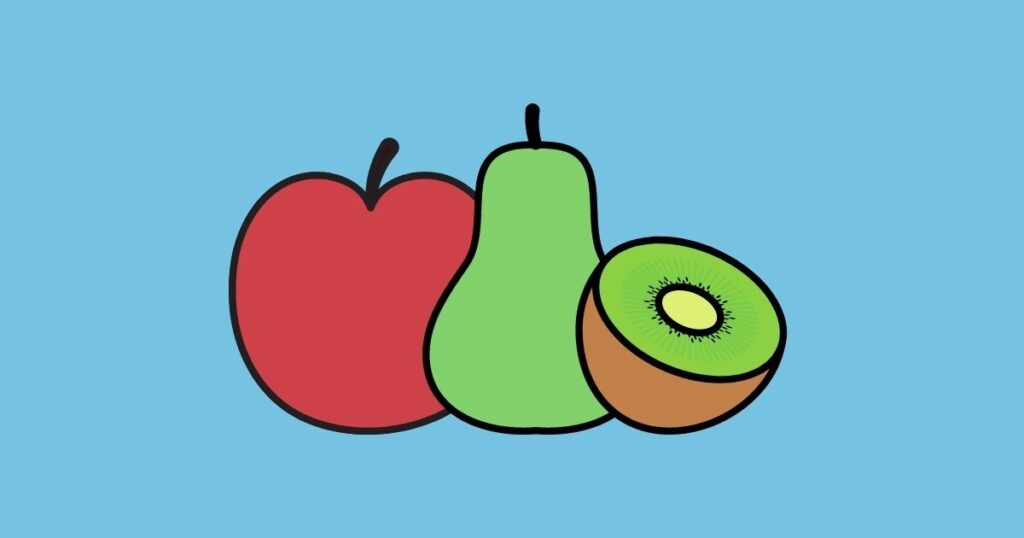Effects Of The Gut On Human And Mental Health
Have you ever wondered why they call the gut the second brain of the human body? Blurring of consciousness, mood swings, headaches, and poor memory can all be signs of an unhappy gut.
Because the gut plays a huge role in a healthy body, it is important to improve the ecology of the digestive tract, not just limiting carbohydrates during a low-carb diet. Some problems that occur in the intestines can also affect the mental health.
The brain and gut constantly communicate with each other and are connected by a nerve known as the vagus nerve. Did you know that the number of nerves in the intestine is more than the spinal cord of your central nervous system?
What Will We Learn?
The Effect Of The Gut On Mental Health

Microbes in the intestines produce the hormone serotonin, which is called the happiness hormone. Seratonin is a neurotransmitter that plays an important role in mood, behavior, learning, movement, and other functions.
If problems occur in the intestines and the production of serotonin decreases, the following listed disorders are likely to occur:
- Eating disorders
- Obsessions and Compulsions
- Muscle pain
- Chronic Pain
- Alcohol abuse
- Migraine Headaches
- Depression
- Anxiety
- Panic Attacks
- Insomnia
- Irritable bowel
- PMS/ Hormone dysfunction
- Fibromyalgia
- Obesity
Did you know that some types of bacteria found in the gut are vital to the human body?
The microbiota in the gut contributes to many important functions, from protective, immunomodulatory, metabolic and trophic roles. The gut microbiota can produce anti-inflammatory factors, pain-relieving compounds, antioxidants and vitamins to nourish and protect the body.
They also prevent the movement of bacteria that cause clinical illness. Some bacteria in the human gut strengthen our immune system.
In addition, these bacteria regulate the functions of the gut and the brain. They can help our bodies function in a healthier way.
In the past, experts thought that the brain ruled the gut. For example, it was suspected that there was deterioration in intestinal functions when stressed.
Diarrhea, constipation, abdominal pains occurred. Brain functions seemed to regulate the intestines, but in recent years this system has also been seen to work in the opposite direction.
For example, scientific research has been done in schizophrenia, autism, Alzheimer’s disease, attention deficit and hyperactivity disorder. Research shows that if we can increase the number of healthy bacteria in our gut, our brain will work better.
When we are excited, anxious, exposed to emotions such as stress, fear, our intestines are rapidly affected, and it reacts with symptoms such as cramps or diarrhea. This is an indication of how close the relationship between the brain and the gut is.
How Can We Protect Our Gut Health?

Do Not Use Antibiotics Unless Necessary
The most important rule is that the use of antibiotics should be avoided unless necessary. When we are sick, we feel bad and immediately rush to antibiotics to get better. This is definitely not a good idea.
The unnecessary use of antibiotics causes the beneficial bacteria in the intestines to die, which is very annoying. I had pneumonia 5 years ago. I unconsciously used antibiotics. Because the antibiotics were so drastic, the beneficial bacteria that helped regulate my gut died.
Then I was faced with a diarrhea problem. Diarrhea occurs because the antibiotic kills all bacteria in the body.
Consider a newborn child. The bowel movement of this child is usually watery, as there are no microbes in his intestines.
Since the antibiotic can damage intestinal flora, it should only be used in serious diseases.
Pay Attention To Your Diet
A routine in which you eat at the same times and in the same amounts every day ensures the best functioning of the intestines. Breakfast is the most important meal in terms of stimulating the intestines, so it should not be skipped.
For intestinal health, it is necessary to prefer fibrous products, drink plenty of water, and keep caffeine intake to a minimum. Caffeine is diuretic and causes excess water to be excreted.
Changing eating habits can be a process that takes months. First of all, you should program yourself to buy the right foods by reading the ingredients in food shopping, to turn to products that are low in calories and high in fiber.
Consume Fibrous Foods

The most common lifelong bowel problem is chronic constipation. The main reason for this is not consuming enough fiber foods.
What we call fiber means millions of particles that absorb water, and each particle is the ingredient that will give the stool the necessary moisture and consistency.
Fibrous foods reduce the residence time of cancer-causing substances in the intestine and thus, it is important to consume because they prevent harmful substances from coming into contact with the intestinal wall.
In addition, they help balance the feeling of hunger and satiety and help the digestive system work regularly.
The best sources of fiber are legumes, whole grains, flax seeds, green beans, dried figs, dried apricots and dried fruits, especially dates, raspberry-blackberry-strawberry, whole wheat flour and products prepared with it.
In addition, greens such as broccoli (very high fiber), plum-pear-apple, spinach-lettuce-parsley, walnuts-almonds-hazelnuts, cherries, bananas, carrots, coconut, brussels sprouts are among the foods rich in fiber.
A typical diet that includes meat, dairy products, breads made from refined flours, and starchy products such as potatoes, pasta, and rice is very low in fiber.
Consume Sufficient Amount Of Water
Adequate water consumption along with adequate fiber consumption is also very important for a properly functioning intestine, because this fiber source is essential for water absorption and the formation of the necessary mucosa to maintain lubrication in the intestine.
Water works the digestive system by lubricating the intestines and stimulating the hormones that keep the intestines moving. The movement of the intestinal wall facilitates the movement of stool.
Chew Your Food Thoroughly
Eating too quickly causes the food in the mouth not to be chewed well and swallowed. This can cause very serious stomach problems.
In some cases, the stomach cannot break down the food we eat and sends it to the intestines as it is. This increases the likelihood of food getting stuck in the intestines.
It can also cause bleeding during defecation. Therefore, be sure to chew and swallow well the next time you eat your meal. Also, slow eating can help you lose weight.
A small note: It should be noted that some drugs you use (for example Vyvanse) can also cause side effects such as anxiety.
It would not be right to connect all psychological problems with intestinal health.
